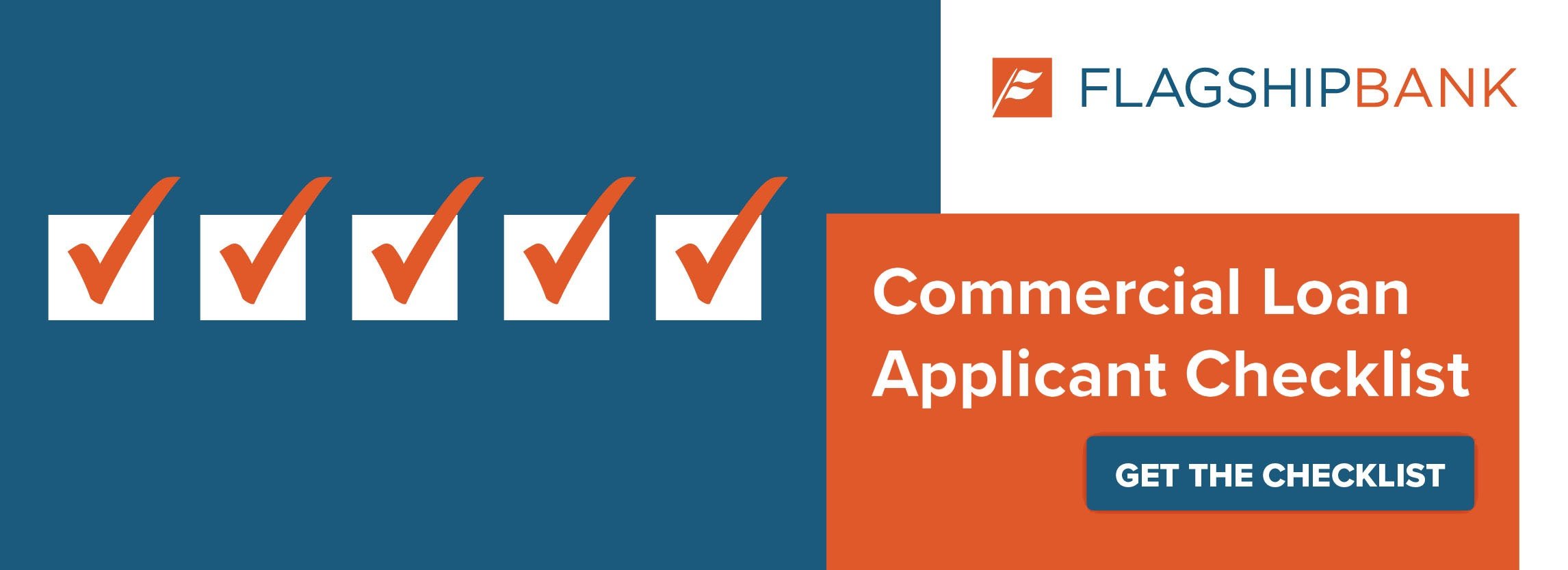.jpg?width=4897&height=3264&name=joshua-hoehne-iggWDxHTAUQ-unsplash%20(1).jpg)
The federal student loan forgiveness program kicked off last month, and with it came more opportunities for fraudsters to take advantage of vulnerable borrowers.
With the first line of defense against fraudsters trying to steal your financial information being yourself, we're highlighting a few red flags to be on the lookout for and how to avoid falling into student loan scammers' traps.
What is the Federal Student Loan Forgiveness Program?
The administration's forgiveness program will cancel up to $20,000 in student loan debt for Federal Pell Grant recipients and $10,000 for non-Pell Grant recipients. Borrowers making less than $125,000, or $250,000 for households qualify. With student loan debt in America at $1.6 Trillion and about 1/3rd of borrowers never being able to pay off their loans, the new plan is projected to benefit as many as 40 million people.
To find out more and check your eligibility status, head to Federal Student Aid's online application.
If eligible, the deadline to apply is December 31, 2023.
Possible Signs of a Student Loan Scam
In order to avoid student loan forgiveness scams, be on the lookout for the following red flags.
1. Asked to Pay an Upfront Cost or Monthly Fee
There's nothing a student loan debt relief company can do that you can't already do yourself, especially with the help of your loan servicer. There's also nothing a student debt relief company should be charging you for.
If you have questions regarding your student loan repayment plan, your loan officer can work with you at no additional cost. They are their to help:
Getting assistance from a private debt relief company does not necessarily mean you will be scammed. Seeking out debt help from unverified serves however is a good way to find yourself in a student loan forgiveness scam.

2. Promised Immediate Loan Forgiveness
No one can promise immediate and total student loan forgiveness or cancellation... yet. Most government forgiveness programs require many years of qualifying payments, paperwork, and / or employment before loans can be forgiven.
Keep an eye out for false claims that require rushed responses including:
- “Act immediately to qualify for student loan forgiveness before the program is discontinued.”
- “Your student loans may qualify for complete discharge. Enrollments are first come, first served.”
- “Student alerts: Your student loan is flagged for forgiveness pending verification. Call now!”
3. Asked to Provide FSA ID Password
You will never be asked for your Federal Student Aid password by the Department of Education or your loan servicer because your FSA ID acts as your written signature for legally binding documents. Additionally, you should never allow anyone to create an FSA ID for you.
Sharing this information with a debt relief company allows them the authority to take actions on your behalf and make decisions for you. And if the debt relief company collects fees from you, but never actually makes any loan payments on your behalf, you will still be responsible for outstanding charges and interest accruals.
What should I do if I think I'm being scammed?
If you find yourself in the process of being scammed and/or have already turned over your personal information, quickly pursue one or all of the following options:
Luckily for you, there are other lines of defense in play when it comes to protecting your financial information. Find out how Flagship can help you avoid student loan forgiveness scams and provide additional clarity on managing your business and personal finances.



.jpg?width=4897&height=3264&name=joshua-hoehne-iggWDxHTAUQ-unsplash%20(1).jpg)



